(READING AND WRITING) HOW TO USE VOCABULARY IN WRITING
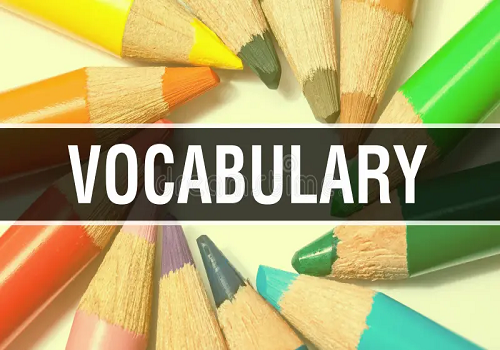
READING AND WRITING
When you are writing, use vocabulary to engulf your statement, caging it with that vocabulary while using the before-or-after-following words as simple words to elaborate more on the meaning of that vocabulary as used within the passage.
And do not forget to use simple words to expatiate more on your vocabulary in the before-or-after-following words.
HOW I WRITE ARTICLE INTRODUCTION
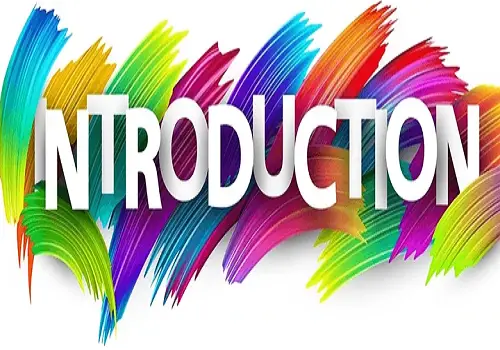
I use questions to initiate interest and create a trigger needs in my audience, then I follow it up with a short story analogy, case study, and or reference point.
The body of the content becomes the elaboration of solutions to their problems.
WHAT IS TOPICAL MAPPING IN ARTICLE WRITING?
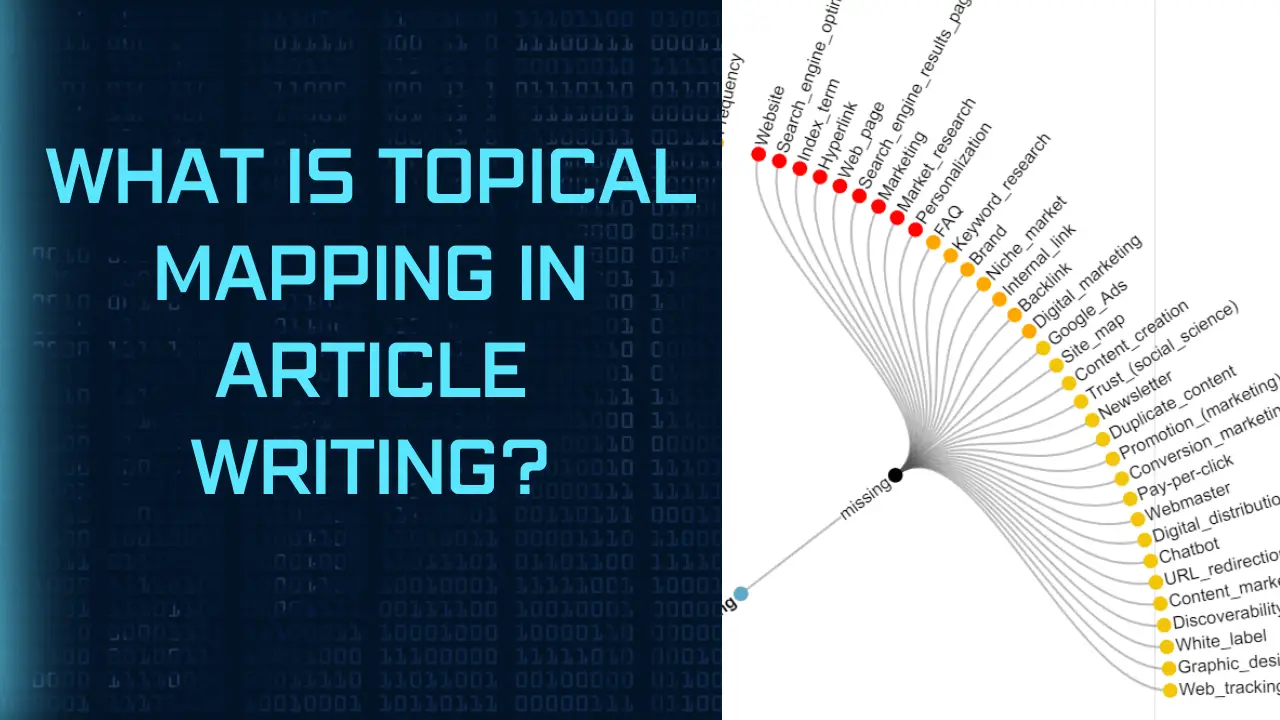
A topical map is a detailed analogy of sub-topics, sub-sub-topics ETC within your article’s context.
For example; an article topic of this nature: “How to live healthy without exercise” will have a topical map like:
-> Introduction
-> What is health?
-> What is exercise?
-> 4 ways to live healthy without exercise
… Eat well.
… Efficient sleep.
… Avoiding stress.
… Constantly read to develop mind stability
-> Conclusion.
*Here is my secret giveaway on how I craft my topical map for any article title using AI.
I do ask ChatGpt questions like this:
“Give me a vivid topical map on this article title: ‘How to live healthy without exercise’.”
And the AI will list vivid outlines of topical mapping. Use my concept and you will be glad you did.
HOW TO WRITE A BOOK OUT OF ANY BOOK YOU READ
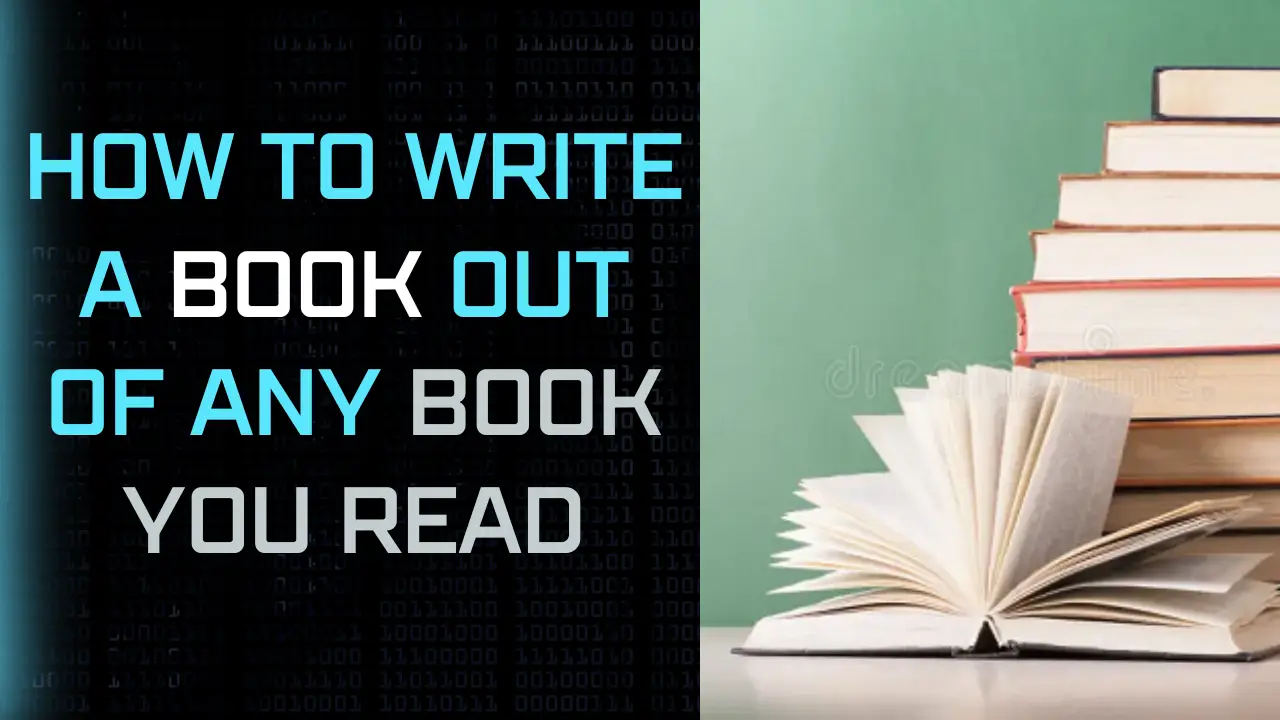
Do you think that reading should be attributed to tilling the ground?
During my school days, my Father used to tell me to eat well, sleep, and rest well before reading because he who reads is equivalent to he who till the ground.
This means, reading is not easy and that is why a whole lot of people don’t read or find it difficult to read.
If I may ask, are you among some of us who find it enjoyable to read? If yes, congratulations and if not, do not worry for I will talk about that in my next lesson.
My only advice is for you to form that as a habit because reading is a habit.
For my great readers, we will learn briefly how to write a book out of any book you read.
Not copying the author verbatim. No! Nothing like that. No plagiarism and no-nonsense.
Your concept will be quite different but of the same texture. Ready? Then let’s move ahead…..
STEPS TO FOLLOW:-
1). Choose a book.
2). Bring a pen and a Jotter notebook closer to you.
3). Read the book’s title and all excerpts on the front page.
4). Turn the back of the book and equally read the author’s description. This will give you an insight into what to expect from the book.
5). Open the book and read the Content and introduction. Many people don’t do that. This serves as an usher of what to expect from the book.
6). Now is the time to start reading from chapter one.
While you read ahead, use your pen to mark or circle all the interesting words, phrases, sentences, and paragraphs that capture your interest.
7). How can you craft your chapter from the book’s chapter?
You have read the book the first time and tick-marked all that is interesting.
Then locate a particular sentence within the passage that summarises the interest of that chapter, and paraphrase it to still retain the chapter’s texture but quite different from what the chapter’s title of the book is saying.
Let me leave you with my typical example:
-> I read a book with a chapter title that goes like this: “Chapter 13 = Room For Error.”
-> And I got my title out of it which goes like this; “How should we think about money and plan for the future?”
And you can only think about money and plan for the future by creating room for errors.
Have you understood the twist there? Alright! I guess you did.
This paraphrased title of mine is taken from within the chapter’s content on the second to the last page of the book’s chapter which wrote something like this:
“The most important part of every plan is planning on your plan not going according to plan.”
8). Start reading the chapter for the second time:
Now that you’ve crafted your chapter out of the book’s chapter. Then start reading the passage again for the second time.
This time around read line by line, word by word, sentence by sentence, phrase by phrase, and paragraph by paragraph.
9). Start writing your chapter excerpts from the book:
Start the chapter with a trigger-question sentence to crave the reader’s appetite and bring their problems before them.
Then follow along with a short story that resonates with the chapter. Along the process, align what you read with your write-up by reading a sentence, or paragraph, then pausing to assimilate and transcribe it before panning it down as yours.
Do not rush the process, this is how you will continue sentence by sentence, paragraph by paragraph until you finish reading the chapter for the second time thereby transcribing it to your tone and language.
10). Prof-read and edit:
After you have finished writing, proofread and edit your work.
This will help you discover errors and words that do not suit your tone and language.
At the end of the whole process, you might have come up with a complete chapter and book that is quite different from what you read but of the same texture and message.
Do this and you will come up with tremendous success in your world of reading and writing.
ATTENTION PLEASE!
1). What is the problem you want me to write an article about? Drop it in the comment section.
2). Do you need any of my services? Check out my service page here. HIRE ME
3). Do not forget to subscribe below and get my e-book offer: “HOW TO START AND STAY BLOGGING AND NEVER LEAVE IN THE 2020s” as well as my weekly newsletter.
4). Equally drop your comments, and share this content if you like what I do.



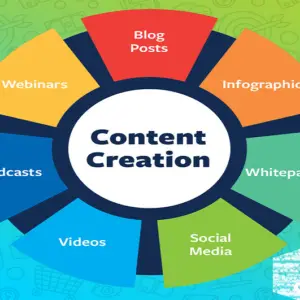
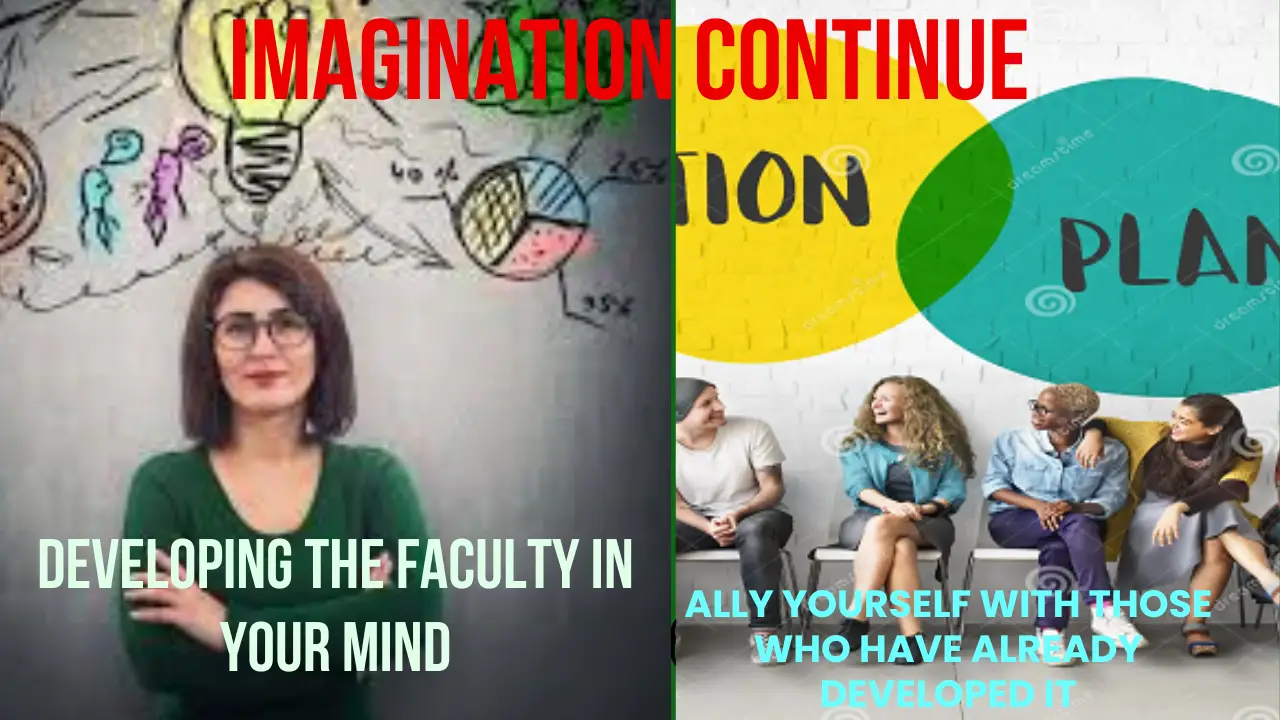
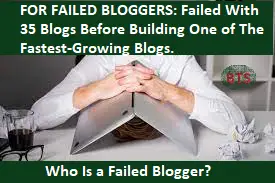


Your writing style is so engaging and easy to follow I find myself reading through each post without even realizing I’ve reached the end
I love that dear, you are welcome.
Your blog posts never fail to entertain and educate me. I especially enjoyed the recent one about [insert topic]. Keep up the great work!
Remain blessed Alpilean. I love you all, you are the reason why I’m here.
Your posts always provide me with a new perspective and encourage me to look at things differently Thank you for broadening my horizons
Thanks Alpilean, you are the reason why i’m here.
you are in reality a just right webmaster The site loading velocity is incredible It seems that you are doing any unique trick In addition The contents are masterwork you have performed a wonderful task on this topic
Thank you for your comments.
Hello! I could have sworn I’ve been to your blog
before but after browsing through some of the articles I realized it’s new to me.
Nonetheless, I’m definitely delighted I discovered
it and I’ll be bookmarking it and checking back regularly!
I saw similar here: sklep online and also here: e-commerce
Thanks for bookmarking our website.